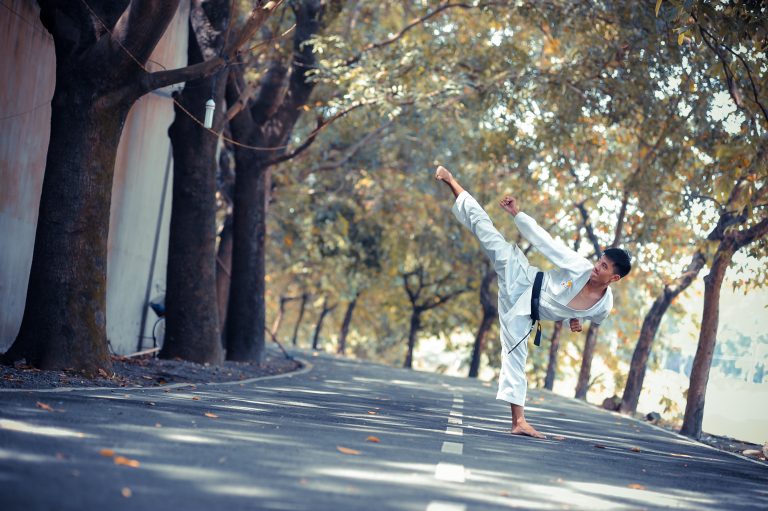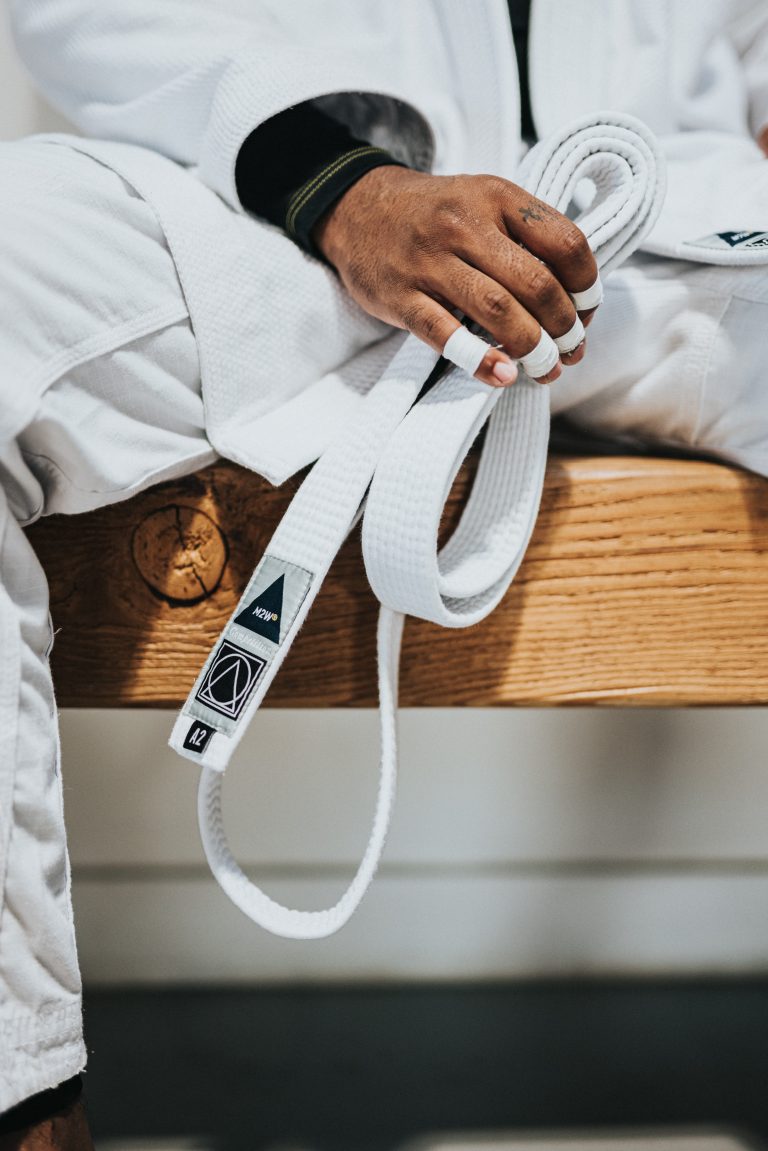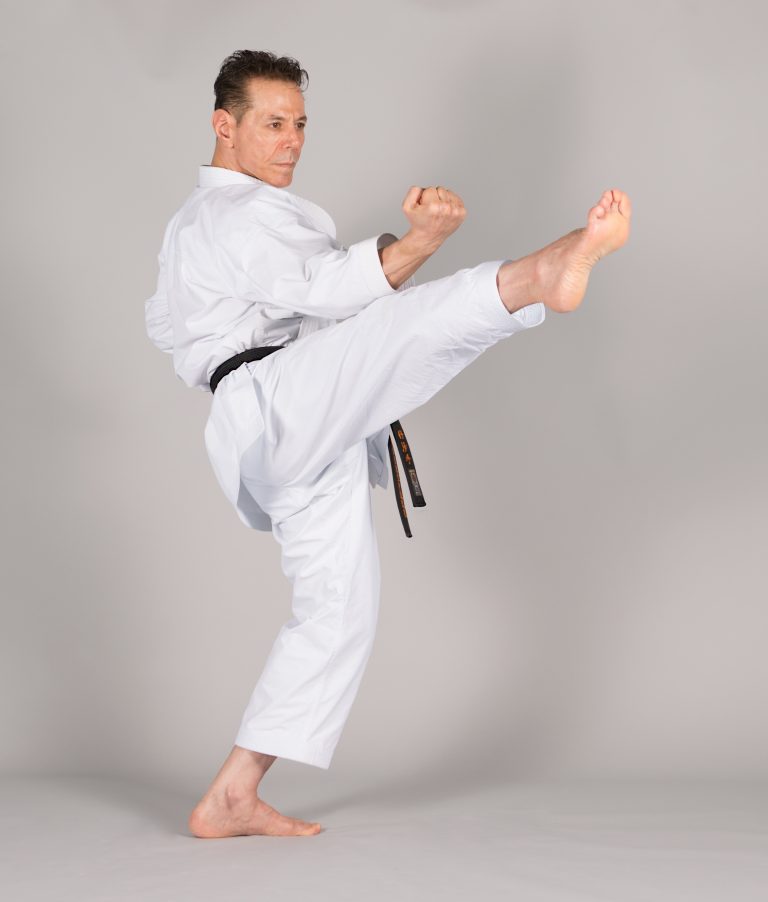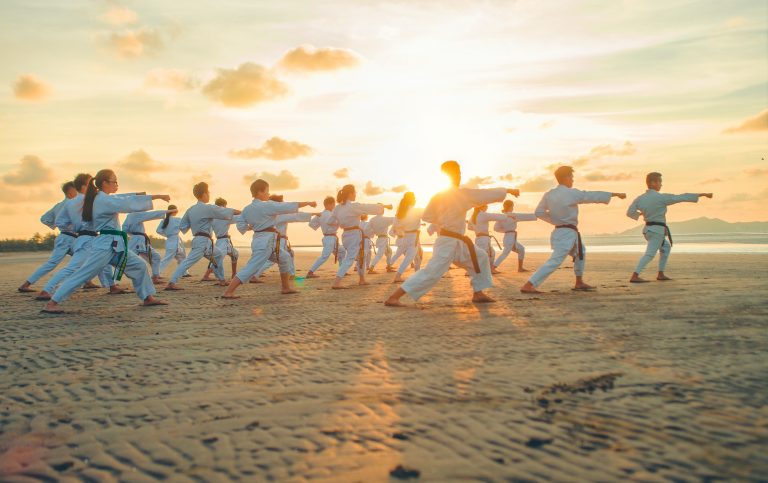How to be Better at Karate: A Comprehensive Guide
Karate is a form of martial art that requires discipline, patience, and practice. It is a physical and mental practice that can be used for self-defense and fitness, but it also has a spiritual aspect. If you’re looking to improve your karate skills, there are several things you can do to achieve your goals. In this guide, we’ll explore tips and strategies that will help you become a better karate practitioner.
1. Master the Basics
Before you move on to advanced karate techniques, you need to master the basics. This includes learning proper stances, striking techniques, and kicks. These basic moves are the foundation of karate and understanding them perfectly is essential for growth. Spend enough time practicing and perfecting each move. Proper execution of moves determines the success of all other advanced techniques in karate. This foundation can be improved further through other activities such as strength training, cardio, and balance exercises.
2. Focus on Strength Training
Karate involves using different muscles in the body. It requires a lot of strength, endurance, and power to execute advanced techniques properly. Therefore, it’s important to focus on strength training to develop and maintain optimal physical performance. Exercises such as weightlifting, push-ups, squats, lunges, and pull-ups help to build flexibility, agility, and strength. Strength training not only improves your karate performance but also helps in reducing injury incidents.
3. Flexibility and Mobility
Unlike many other physical activities and sports, karate mainly involves kicking, punching and block movements. Flexibility helps to perform these moves efficiently and helps to increase the speed of their execution. Incorporating yoga and stretching exercises into your workout routine can help improve flexibility and mobility. Flexibility training also aids in injury prevention and assists in muscle recovery.
4. Practice Regularly
To be better at karate, regular practice is essential. Practice kata drills, sparring, and shadow-boxing to get a better understanding of the techniques. If you’re in competition, you need to practice more to master your skills to perfection. Practicing on a regular basis allows you to build muscle memory and helps to perfect your techniques.
5. Engage in Partner Training
Partner training is an effective way to improve your karate skills. In partner training, you can practice techniques with another person, allowing you to improve your reaction times, timing, and sensory skills. It also helps in building better coordination, and control of movements. While practicing partner training, safety should always be a top priority.
6. Train your Mental Focus
Apart from the physical aspect of karate, mental strength is equally important. Mental focus can be the deciding factor in your ability to execute complex techniques flawlessly. Meditation, focusing on inner strength, and mindfulness can help improve focus, increase attention to detail, and minimize distraction.
How to Be Better at Karate – Frequently Asked Questions
Karate is a martial art that has gained popularity all over the world. It is not only a sport but also a form of self-defense. As a beginner in karate, you may have numerous questions regarding how to improve your skills. In this post, we will address some of the most common questions on how to be better at karate.
1. How Often Should I Train?
The frequency of your training depends on your goals, schedule, and physical condition. If you aim to become a professional karateka, you should train at least four to five times a week. If your goal is to stay in shape or build strength, training two to three times a week is sufficient. However, always listen to your body and rest when needed to prevent injuries.
2. How Long Does It Take to Master Karate?
The time it takes to master karate depends on various factors, such as dedication, talent, and the frequency of training. However, there is no definitive timeline for mastering karate. Instead, it is a lifelong journey of continuous learning and improvement.
3. Can Karate Help Me Defend Myself?
Yes, karate can help you defend yourself in real-life situations. Karate involves training techniques for striking, blocking, and evading attacks, as well as improving mental and emotional strength to handle stress and danger.
4. How Do I Improve My Karate Stance?
Your stance is a vital foundation for all karate techniques. To improve your stance, make sure your feet are shoulder-width apart and parallel. Distribute your weight equally on both feet, keep your knees slightly bent, and your back straight. Practice your stance regularly to develop muscle memory and stability.
5. How Can I Improve My Karate Kicks?
To improve your karate kicks, focus on your technique and flexibility. Be sure to snap your leg back quickly after the strike and practice using the whole body to generate power. Warm-up before exercise and stretch afterward to avoid injuries and increase flexibility.
6. How Can I Improve My Karate Punches?
Improving your karate punches requires proper form and technique. Use your whole body to generate power by driving your hip and shoulder into the punch. Ensure your elbows are slightly bent, and your fists are facing the floor. Practice your punches repeatedly and gradually increase your speed and strength.
7. How Do I Develop My Karate Spirit?
The development of the karate spirit involves refining your character, as well as physical strength and technique. Respect for yourself and others, loyalty, and self-discipline are key components of the karate spirit. Set goals and work hard to achieve them, never give up and always be humble and grateful for what you have.
8. How Can I Improve My Karate Breathing?
In karate, proper breathing is vital for technique and concentration. Practice breathing exercises such as deep diaphragmatic breathing, inhaling through the nose and exhaling through the mouth. When performing techniques, exhale sharply to increase the power of the strike.
9. How Can I Prepare for Karate Competitions?
To prepare for karate competitions, train regularly and consistently. Practice your techniques, sparring, and kata, and prepare your mind for the pressure of the competition. Ensure you have ample rest and nutrition, and have a clear strategy and mental focus when you compete.
10. How Can I Stay Motivated to Train?
Staying motivated requires setting clear goals and celebrating small achievements. Track your progress, find a training partner or mentor who can support you, and seek inspiration from successful karatekas. Remember that learning karate is a continuous journey of improvement, and seek to find joy in the process, not just in the outcome.
Introduction: How to Be Better at Karate
Karate is a martial art that originated in Okinawa, Japan. It is known for its powerful strikes, graceful movements, and mental and physical discipline. Karate has gained popularity around the world, with millions of practitioners seeking to improve their skills and techniques.
In this guide, we will provide you with step-by-step instructions on how to be better at karate. From improving your basic techniques to developing a strong mindset, we will cover all aspects of what it takes to become a successful karateka.
Step 1: Build Your Basic Techniques
To become better at karate, you need to first master the basic techniques. These are the foundation of all advanced techniques and require a lot of repetition and practice. Here are some techniques that you should focus on:
– Stances: Start with basic stances like zenkutsu-dachi (front stance) and shiko-dachi (sumo stance) and practice them until you can hold them comfortably for extended periods of time.
– Punches: Practice basic punches like the jodan gyaku-zuki (reverse punch to the head) and chudan oi-zuki (lunge punch to the body) until they become second nature.
– Kicks: Begin with basic kicks like the mae-geri (front kick) and yoko-geri kekomi (side thrust kick) and continue to practice them until they are ingrained in your muscle memory.
Step 2: Improve Your Flexibility and Strength
Karate requires both flexibility and strength. You need to be flexible in order to execute high kicks and acrobatic movements, and you need to be strong to deliver powerful strikes. Here are some exercises that can help improve your flexibility and strength:
– Stretching: Start with basic stretches and gradually work your way up to more advanced ones. Focus on stretching your hip flexors, hamstrings, and quadriceps.
– Resistance Training: Incorporate bodyweight exercises like push-ups, squats, and lunges into your training routine. Gradually increase the number of reps and sets as your strength improves.
– Plyometrics: These are exercises that involve explosive movements that can help improve your power and speed. Try jump squats, tuck jumps, and box jumps to improve your plyometric ability.
Step 3: Develop a Strong Mindset
Karate is not just about physical strength, it also requires mental toughness. You need to be able to focus, stay calm under pressure, and have a strong sense of discipline. Here are some tips to help you develop a strong mindset:
– Set Goals: Identify what you want to achieve in your karate practice and set specific goals to help you get there. Having a clear sense of purpose can help keep you motivated and focused.
– Visualize Success: Take time to visualize yourself executing techniques flawlessly and achieving your goals. This can help build confidence and belief in your abilities.
– Practice Mindfulness: Learn to stay present in the moment and focus on your breathing. This can help calm your mind and reduce anxiety during training or competition.
Step 4: Find a Good Instructor
Having a good instructor is essential to improving your karate skills. A good instructor can help you correct your technique, provide feedback, and motivate you to push yourself. Here are some things to look for when choosing an instructor:
– Experience: Look for someone who has extensive experience in karate and has achieved a high rank.
– Teaching Style: A good instructor should be able to explain techniques clearly and provide effective feedback.
– Positive Attitude: Look for someone who is positive, enthusiastic, and supportive. A good instructor should encourage you to reach your full potential.
Conclusion: Becoming a Successful Karateka
Becoming better at karate requires dedication, hard work, and discipline. By following these steps and putting in the time and effort, you can improve your basic techniques, build your strength and flexibility, develop a strong mindset, and find a good instructor to guide you along the way.
Remember that karate is not just about physical strength, it is also about mental toughness and discipline. By focusing on both the physical and mental aspects of your training, you can become a successful karateka and achieve your goals.
Inhaltsverzeichnis






